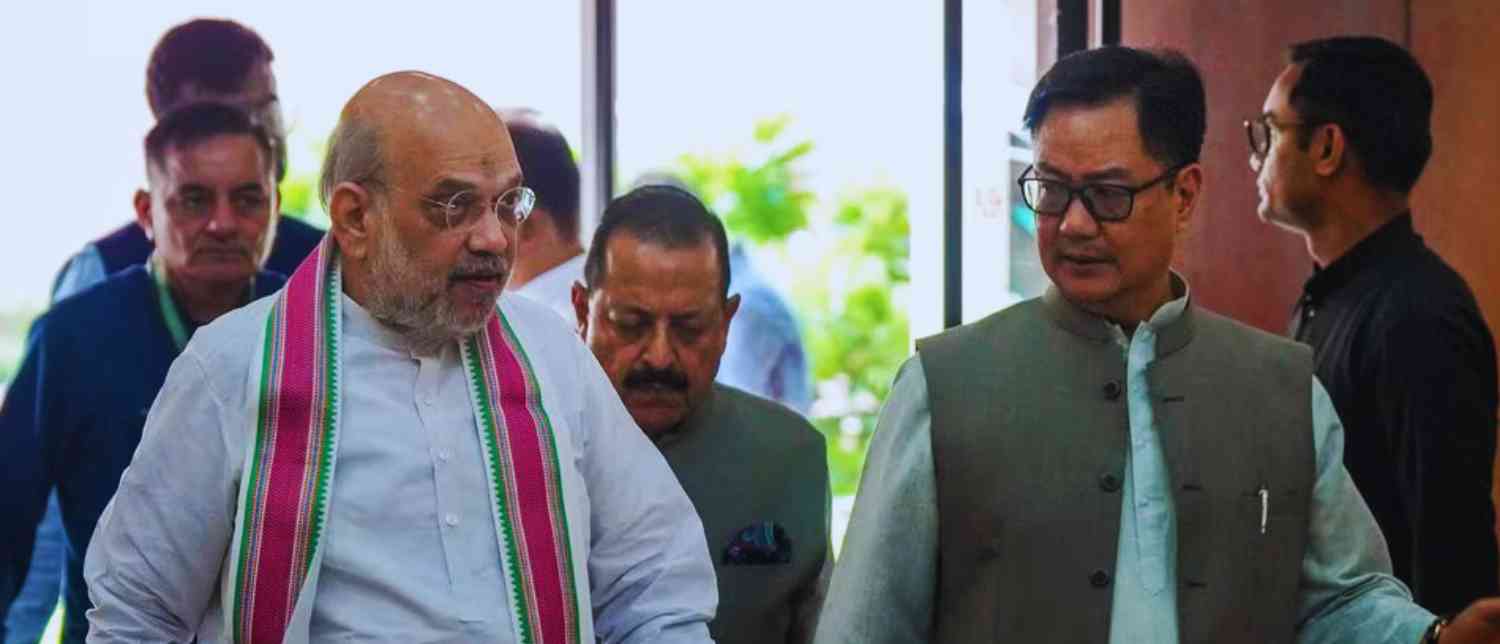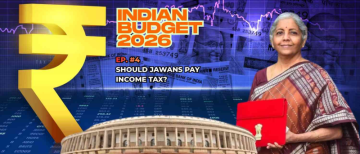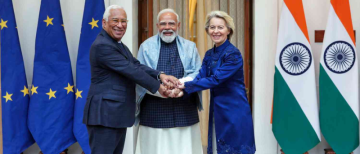Union Home Minister Amit Shah is set to introduce three significant Bills in the Indian Parliament aiming to remove Prime Ministers, Chief Ministers, Union ministers, and state ministers if they are arrested or detained for serious criminal offenses for 30 consecutive days. The legislation marks a major step towards addressing a long-standing gap in the country’s political and legal framework.
Currently, under the Representation of the People Act, 1951, elected representatives face disqualification only upon conviction and sentencing of two years or more. But there is no provision to remove ministers and leaders from their posts during the period they are under arrest or detention before conviction. This gap allows some leaders to continue wielding power despite facing serious criminal charges.
The proposed Bills seek to amend Article 75, Article 164, and Article 239AA of the Indian Constitution. The key provision mandates that if a Prime Minister, minister, Chief Minister, or state/UT minister is held in custody for 30 consecutive days on charges punishable by five years or more in jail, the President will remove them based on the Prime Minister's or Governor's advice or they will cease to hold office automatically. If the person in question does not resign by the 31st day of detention, they will be removed from office. However, the Bills also allow for the reappointment of such leaders after their release from custody.
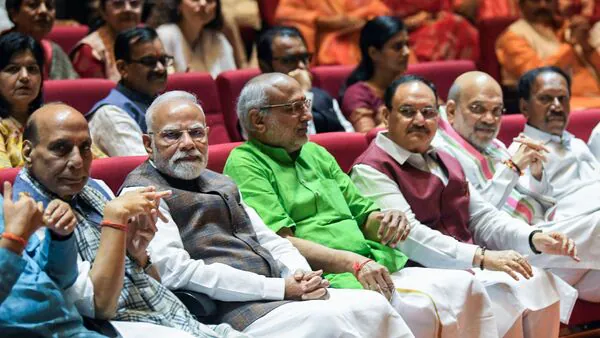
This move comes after public concerns have grown about leaders facing serious criminal allegations but continuing in their official posts during prolonged legal proceedings. Critics say this weakens constitutional morality and erodes public trust in governance.
However, the Bills have drawn mixed reactions from political quarters and public opinion. Supporters view these Bills as a welcome reform that will strengthen good governance and hold leaders accountable by preventing those accused of serious crimes from continuing in power without judicial resolution. They say it can act as a deterrent and cleanse the political system.
Critics, including some opposition leaders, argue that the Bills may be misused to destabilize governments by politically motivated arrests. They stress that under the legal principle of "innocent until proven guilty," an arrest or detention should not automatically mean a person loses their position. They also fear potential misuse against opposition leaders through central agencies.
In this context, public opinion appears divided. While many support greater accountability and swift action against those facing serious criminal charges, others caution against laws that could be used to undermine democratic processes and federal structures.
Overall, these Bills represent a notable development seeking a balance between upholding constitutional morality and protecting democratic principles. As Parliament debates their provisions, the discussion includes diverse perspectives ranging from the need for cleaner governance to safeguarding against misuse of power and preserving the presumption of innocence.
The government plans to refer the Bills to a joint parliamentary committee for detailed examination, allowing further scrutiny and inputs from various political and social stakeholders. The fate of these Bills will likely influence how political accountability and criminality intersect in India's democratic governance in the years ahead.
Amit Shah is set to introduce bills in Parliament to remove PMs, CMs & ministers arrested for serious criminal charges. While many see this as a step toward cleaner governance and accountability, some critics warn that the Bills might be misused to target and arrest opposition leaders, potentially destabilizing governments. The debate continues on how to balance the need for political integrity with protecting democratic fairness.
With inputs from agencies
Image Source: Multiple agencies
© Copyright 2025. All Rights Reserved. Powered by Vygr Media.

